Satellite internet connections are not consistent enough for use across Alabama and underground fiber is a better investment, a consultant helping state leaders spend $1.4 billion in federal infrastructure said Tuesday.
CTC Technology and Energy President Joanne Hovis shared with members of the Alabama Digital Expansion Authority on Tuesday her experience with Starlink satellites in her Maryland cabin, saying there were interruptions with her connection due to the trees surrounding the area.
But authority member Sen. Bobby Singleton, D-Greensboro, said he did not experience the same issues.
“I hear you, but I’ve had the Starlink, testing on my own for about six months at my home because I have no access to the internet,” he said. “I have no interruptions. None. I can stare at the TV all day, night.”
Hovis told the authority, which is in charge of developing connective statewide, fiber is the better choice.
“(Satellite is) brilliant technology, and it’s really a strong technology that engineers have built in a short period of time,” Hovis said. “It’s just not going to work perfectly or be consistent everywhere in the way that I have fiber to my cabin.”
Earlier this month, the legislative oversight committee monitoring the state’s spending of American Rescue Plan Act money asked the Alabama Department of Economic and Community Affairs to look into Starklink, owned by Elon Musk, as an internet access option, particularly in rural parts of the state. The department is in charge of allocating about $500 million in ARPA funds to be spent on broadband expansion efforts.
“Is the department looking at alternative technologies that are much lower cost to implement, especially as we look at much higher costs per rooftop and as we get out in more rural areas,” Sen. Chris Elliott, R-Josephine, said at the June 6 meeting.
The panel asked ADECA to get back to it with more information about satellite options.
Though not speaking to lawmakers’ requests, Hovis said Tuesday fiber is an Alabama-based solution that will last. She said the materials can be made by Alabama workers and by multiple companies.
While fiber costs more to install — $1,500 to $40,000 per location — it can deliver 10 to 100 times satellite speeds for one gigabyte upload/download, according to her presentation. Fiber is also more suitable for wooded and hilly areas, while satellites require a clear view of the sky, Hovis said.
The department has a long-term plan for universal access to broadband. Digital Expansion Division leader Maureen Neighbors gave a brief update to the board, revealing that 48 of 67 counties will have broadband access once funding applications are complete.
The Digital Expansion Authority will meet next on Sept. 17 at 2 p.m.
EDITOR’S NOTE — This story was written by Anna Barrett and originally published by Alabama Daily News. It is reprinted with permission.

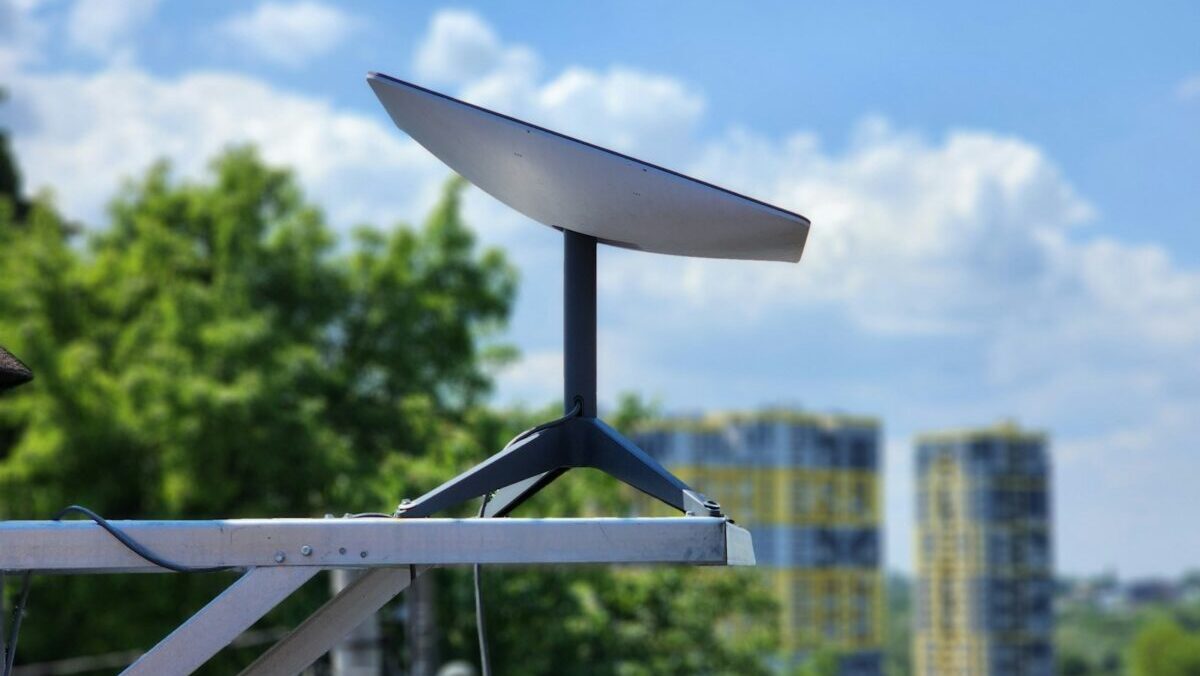
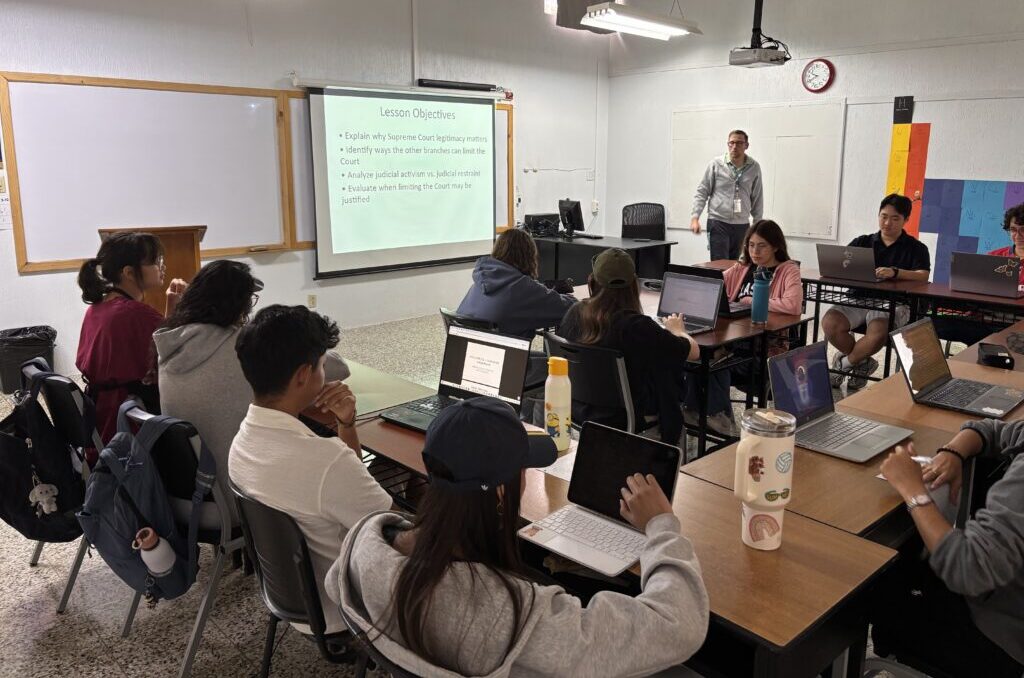
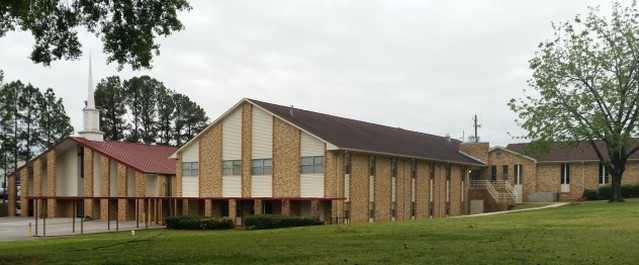
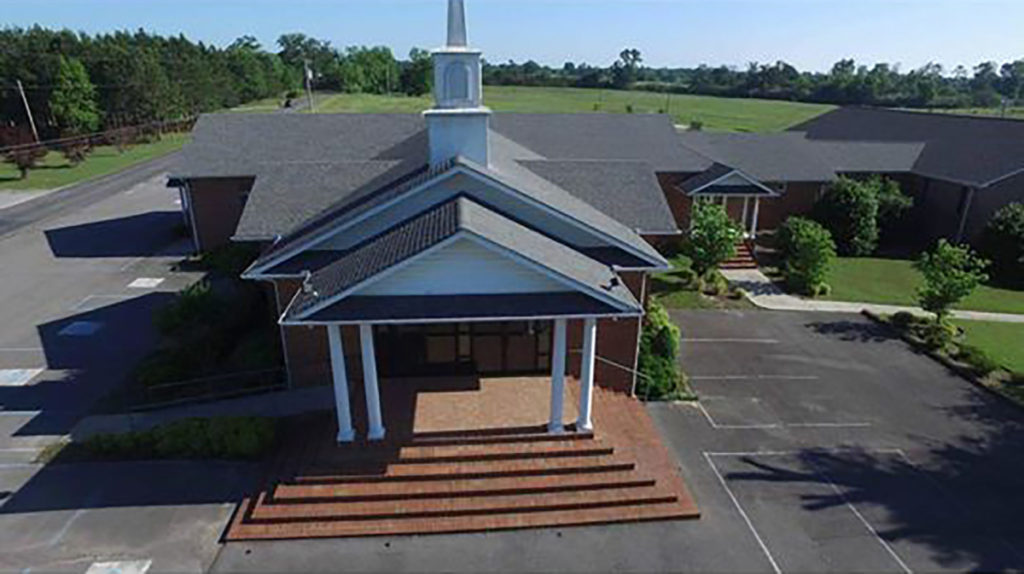
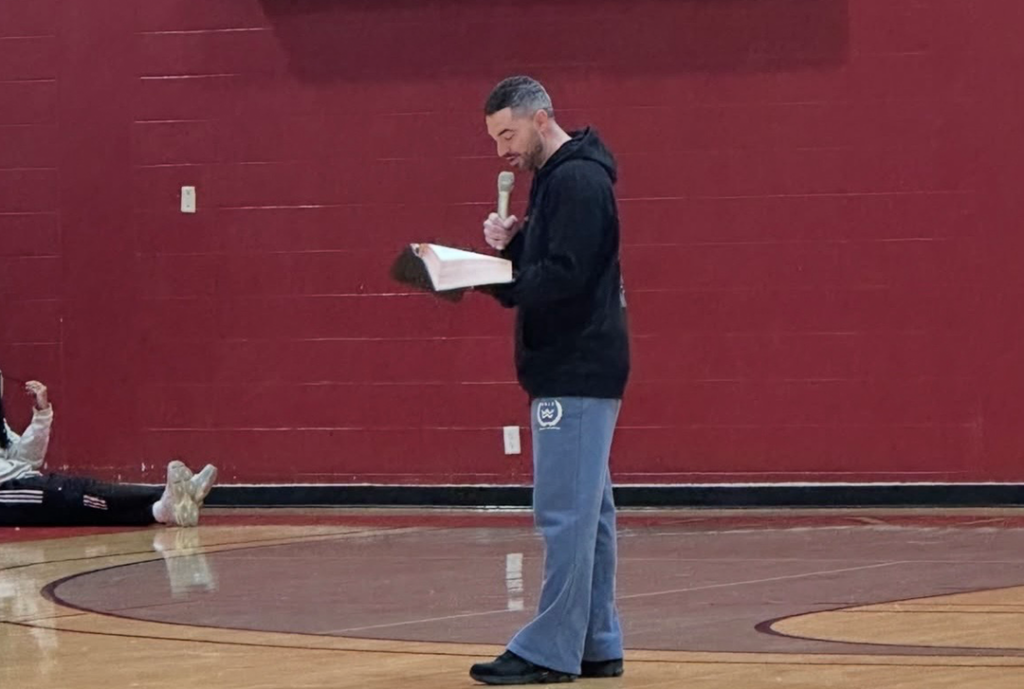
Share with others: